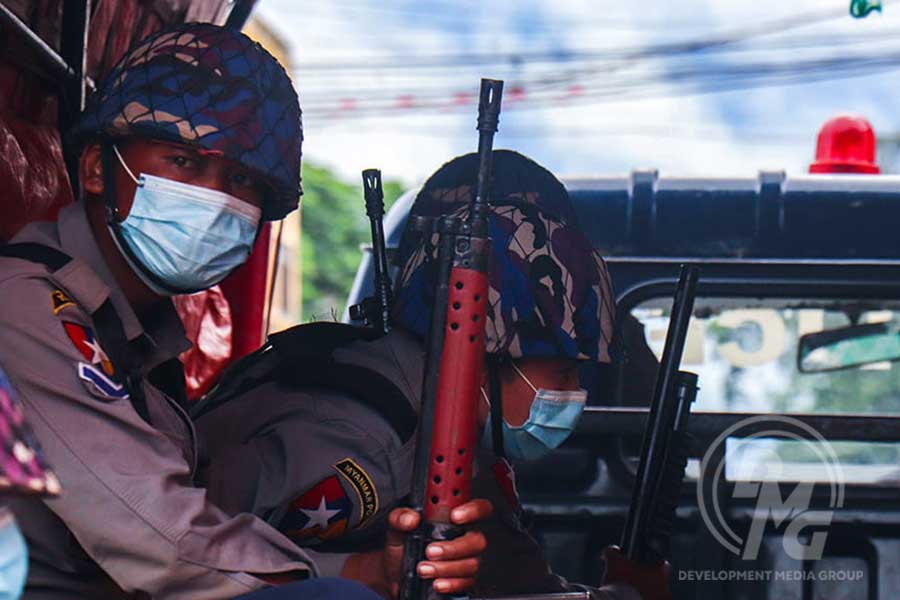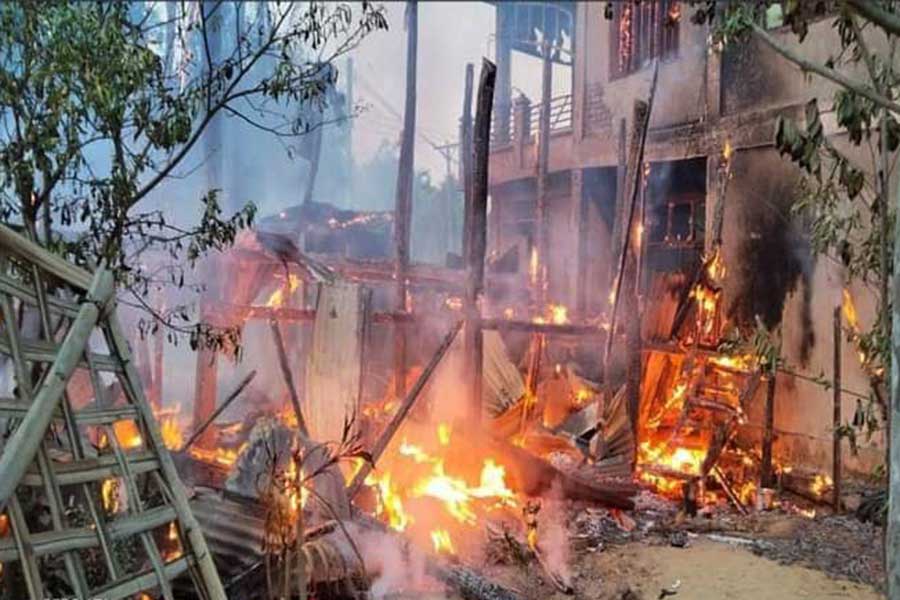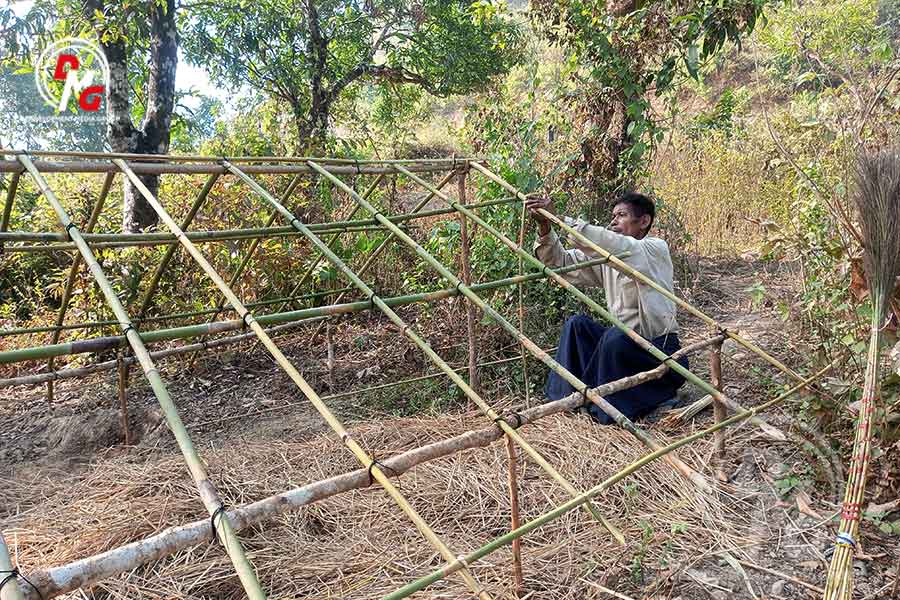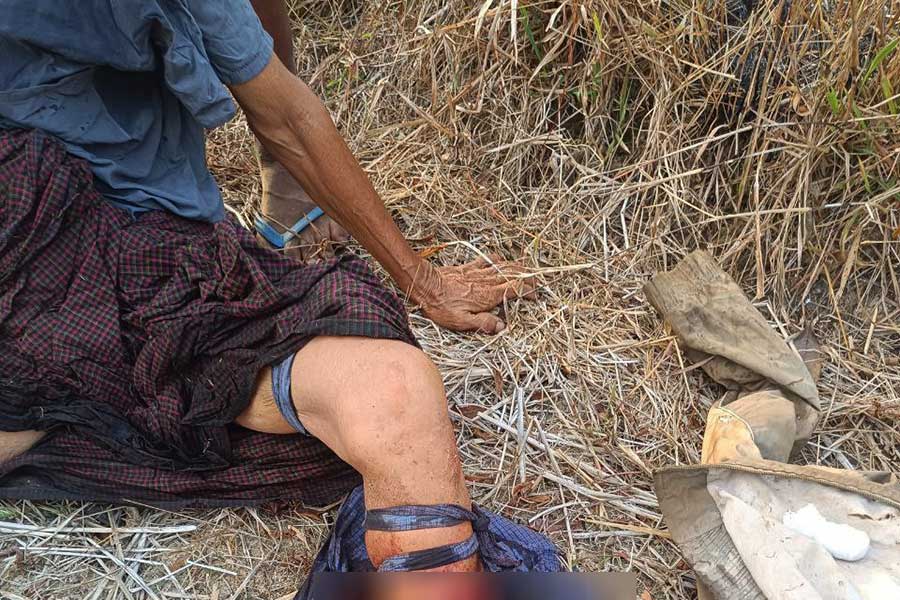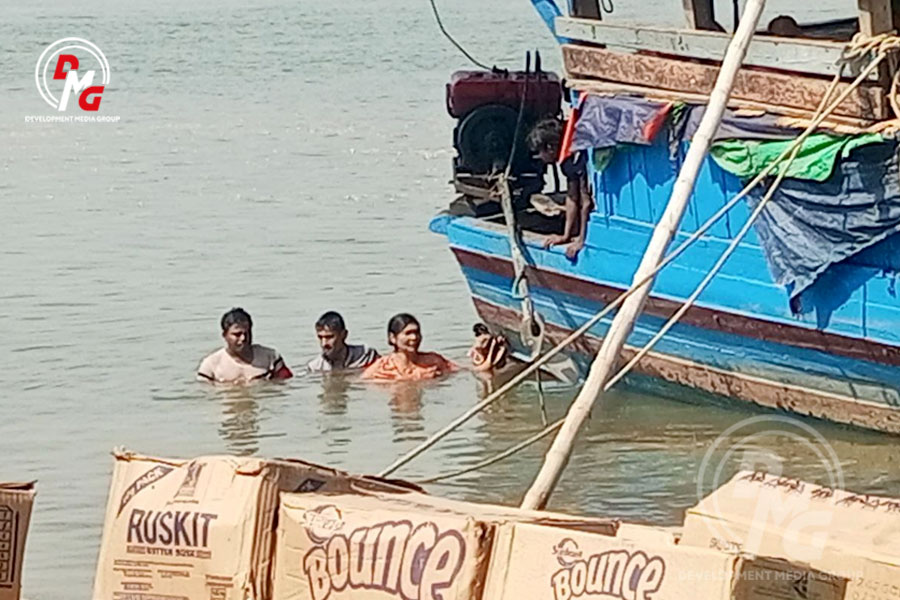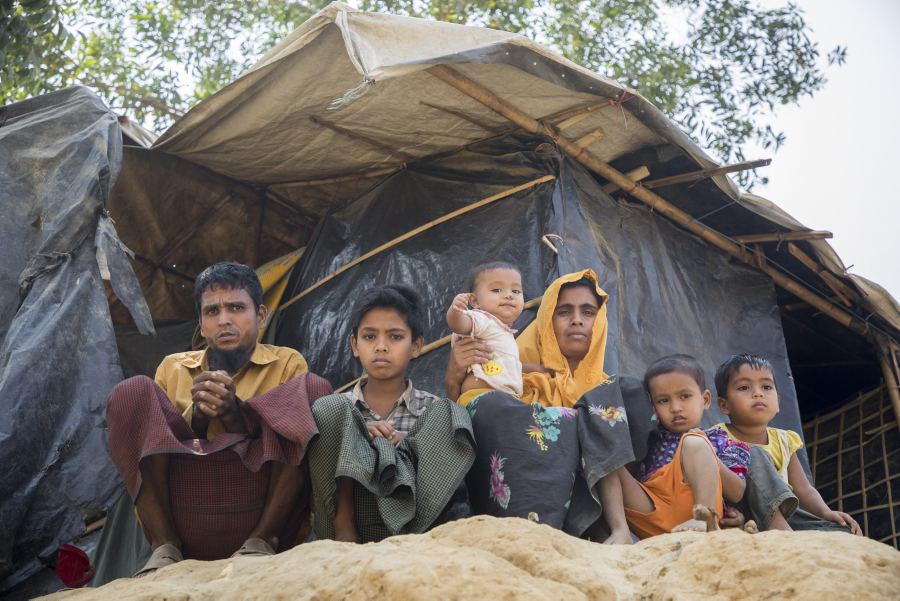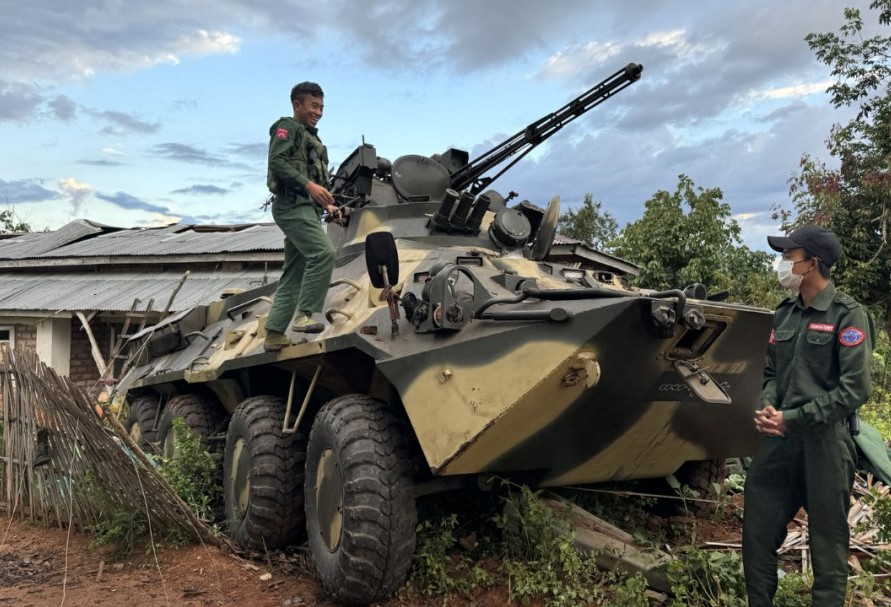- Thousands of houses torched, bulldozed by junta in Buthidaung
- Driver killed, two injured as junta soldiers open fire on bus in Thandwe Twsp
- Regime shelling kills two civilians, injures another in two Arakan State townships
- Septuagenarian loses leg in landmine explosion in Kyaukphyu Twsp
- Muslim communities accuse regime of stoking racial strife
CSOs call for systematic monitoring of border to prevent COVID-19 contagion
Civil society organisations (CSOs) in Arakan State have called for systematic monitoring of entries and departures at the country’s westernmost borders in response to alarming rates of recent coronavirus infection and related fatalities in neighbouring India and Bangladesh.
07 May 2021
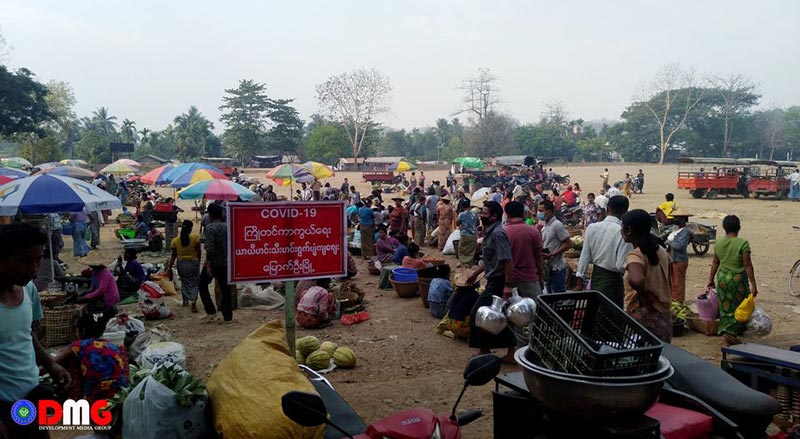
DMG Newsroom
7 May 2021, Sittwe
Civil society organisations (CSOs) in Arakan State have called for systematic monitoring of entries and departures at the country’s westernmost borders in response to alarming rates of recent coronavirus infection and related fatalities in neighbouring India and Bangladesh.
Arakan State-based people have expressed concern about a third wave of COVID-19 outbreak, as the risk of COVID-19 infections spilling across the border into Arakan State is feared imminent.
The secretary of the Rakhine Ethnics Congress, Ko Zaw Zaw Tun, called for suspending border trade.
“There was the experience of COVID-19 infections under the previous government. If there is an infection, the process [of containment] is complicated and the expenditure is so high. The situation will be worse if there is an infection amid this political instability. So, according to our opinion, the border trade should be suspended. And immigration at border gates should be stringent,” he said.
Fears arose recently after a man arrived to Arakan State via cargo vessel from Bangladesh was sent to hospital in Sittwe due to trouble breathing on April 30. The man, however, tested negative for COVID-19.
The government must be strict in taking preventive measures at the border, and should not work for show, said Ma Oo Khaing Thein of the Rakhine Youth New Generation Network.
The government has gained experience during the first and second waves of COVID-19, she said, while adding that there would always be weaknesses and that the government would need to be strict at border crossings.
As a preventative measure, crew of cargo vessels dispatched to border trade centres are not allowed to enter the towns, and instead are kept in isolation and also tested for coronavirus, said state authorities.

